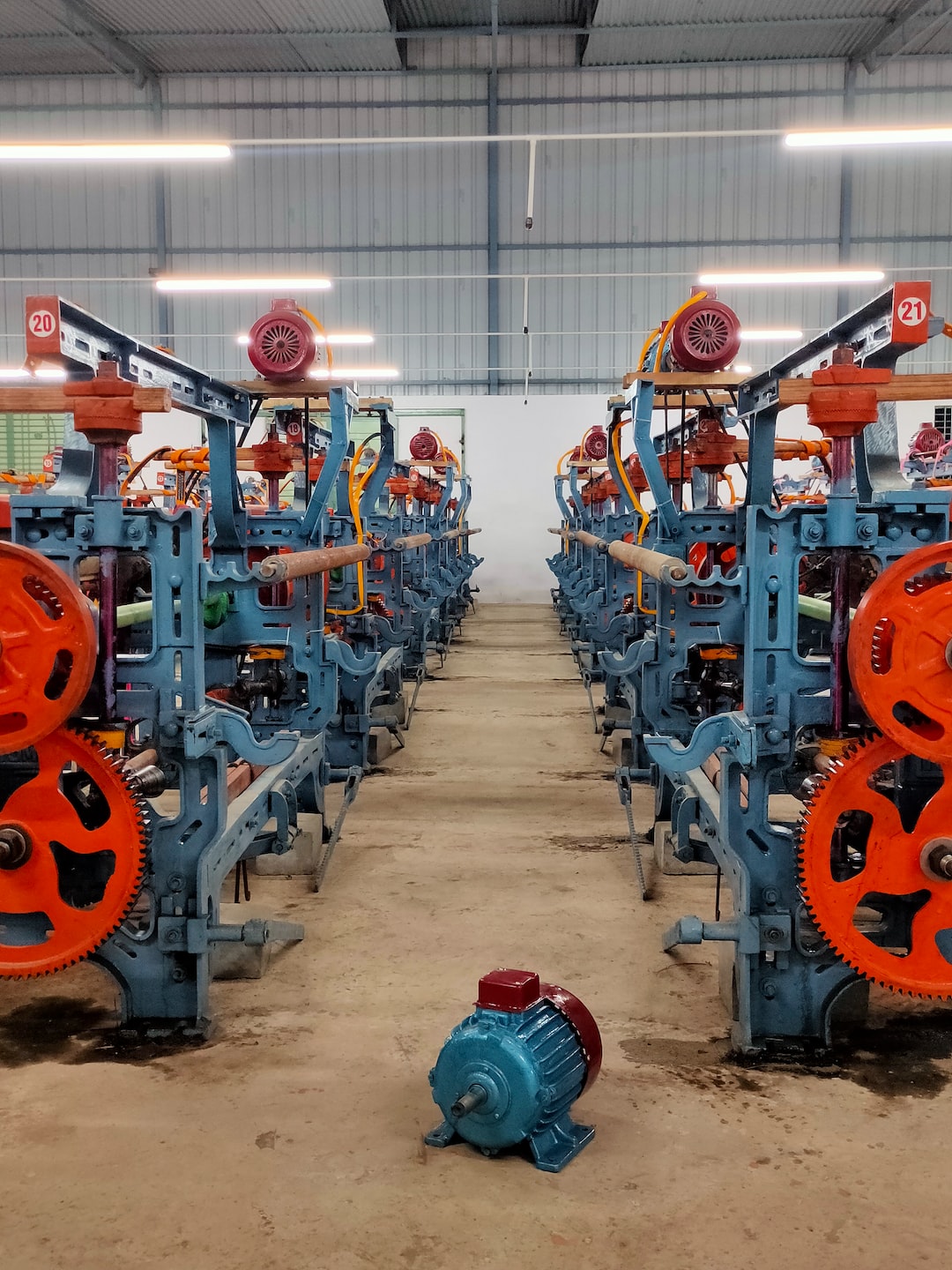The Role of Artificial Intelligence in Manufacturing Processes
In recent years, the manufacturing industry has seen a significant shift towards the adoption of artificial intelligence (AI) in various processes. From improving efficiency and accuracy to enhancing productivity and safety, AI is revolutionizing the way manufacturers operate. In this blog post, we will explore the role of AI in manufacturing processes and its potential for the future.
One of the most significant benefits of AI in manufacturing is its ability to optimize production processes. Through advanced machine learning algorithms, AI can analyze vast amounts of data to identify patterns and make predictions. This enables manufacturers to optimize their production lines, minimize downtime, and reduce waste. By monitoring performance and detecting potential issues in real-time, AI can also help identify areas for improvement and increase overall efficiency.
AI-powered robots and automation have also become a game-changer in the manufacturing industry. With the ability to perform repetitive tasks with precision and accuracy, AI-driven robots can significantly increase productivity and reduce labor costs. Moreover, these robots can work alongside human operators, complementing their skills and expertise. This collaboration between humans and AI is known as collaborative robots or cobots. Cobots not only enhance productivity but also improve worker safety by assuming hazardous tasks, reducing the risk of injuries and accidents.
Quality control is another critical area where AI is making a significant impact in manufacturing. By analyzing data collected through sensors and cameras, AI systems can detect defects and anomalies in real-time. This not only ensures consistent product quality but also enables manufacturers to detect and fix issues before they escalate. Moreover, AI can predict maintenance needs based on the analysis of historical data, ensuring that equipment is serviced or replaced at the right time. This proactive approach to maintenance prevents unexpected breakdowns and reduces maintenance costs.
Another area where AI is transforming manufacturing processes is supply chain management. By analyzing historical data, AI can optimize inventory levels, predict demand fluctuations, and streamline logistics. This not only reduces costs but also improves customer satisfaction by ensuring timely delivery. AI can also help in identifying potential suppliers and negotiating contracts, further streamlining the supply chain and improving efficiency.
Safety is a paramount concern in manufacturing processes, and AI has the potential to make a substantial impact in this area. With the ability to monitor and analyze data from various sources, including cameras, sensors, and wearables, AI can detect potential safety hazards and take preventive actions. For example, AI can alert workers to potential risks, provide personalized safety training, and even shut down equipment if unsafe conditions are detected. This not only improves worker safety but also reduces the risk of costly accidents and downtime.
As the manufacturing industry continues to embrace AI, we can expect even more significant advancements in the future. With the integration of AI with the Internet of Things (IoT), manufacturers will have access to real-time data from multiple sources, enabling even more precise monitoring, analysis, and decision-making. Moreover, advancements in natural language processing and computer vision will enable AI systems to interact with humans more intuitively, further enhancing collaboration and productivity.
In conclusion, the role of AI in manufacturing processes is rapidly expanding, bringing numerous benefits to the industry. From optimizing production and improving quality control to enhancing productivity and safety, AI is revolutionizing the way manufacturers operate. As technology continues to evolve, we can expect AI to play an even more significant role in shaping the future of manufacturing.

